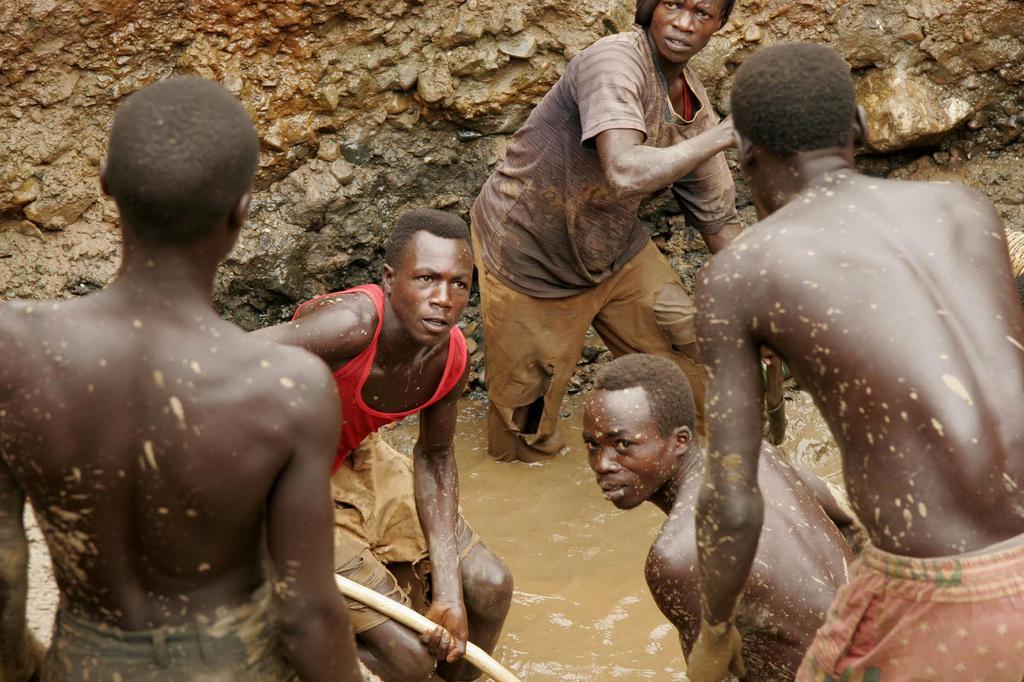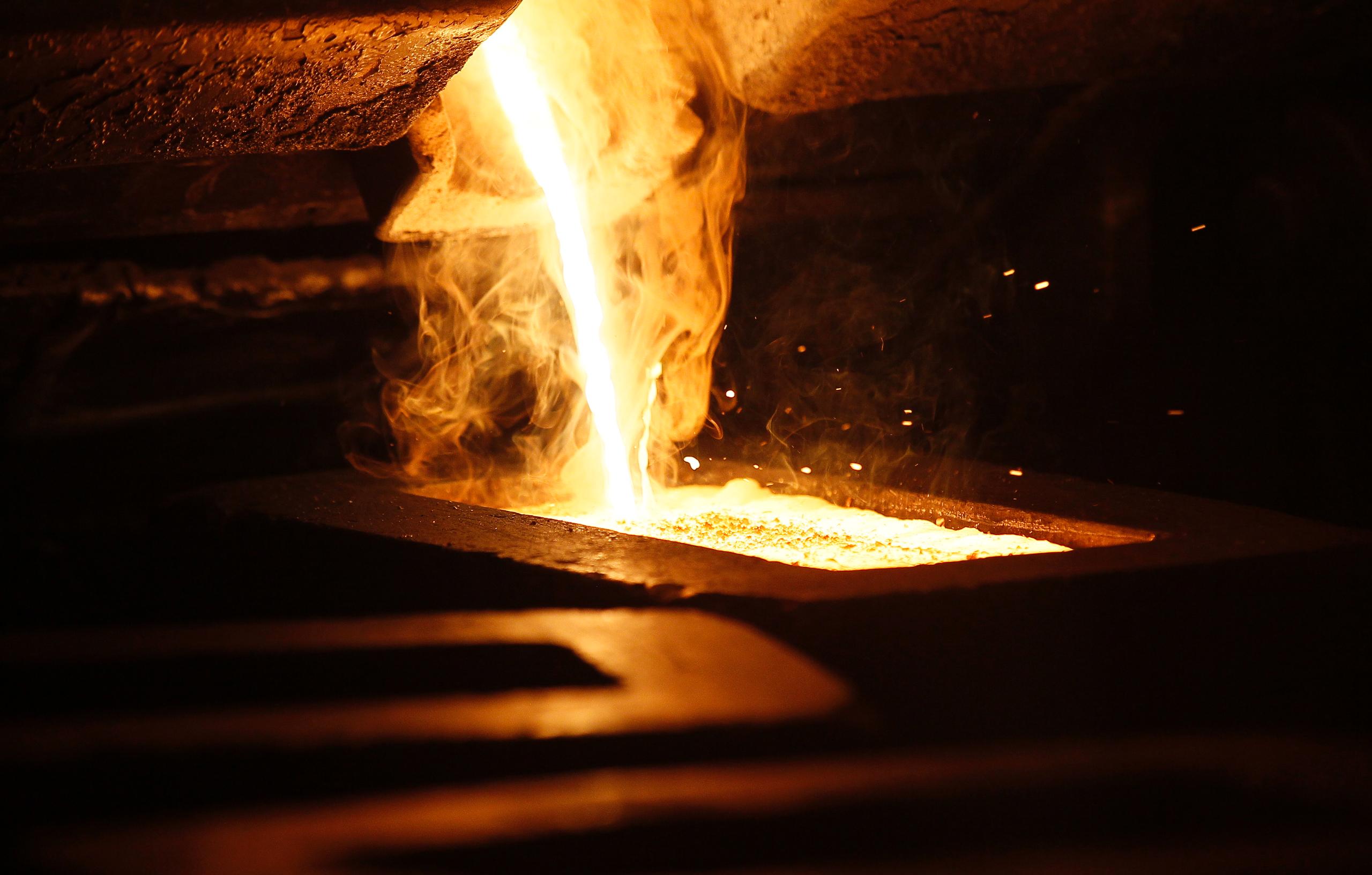NGO anger at Congo conflict gold decision

Three international watchdog groups have condemned a decision by the Swiss Federal Prosecutor's Office to dismiss allegations that gold refinery Argor-Heraeus laundered conflict gold from the Democratic Republic of the Congo (DRC).
The criminal probe, sparked by a complaint from Geneva-based NGO TrialExternal link, was dropped on March 10 after investigators failed to find any evidence that Argor-Heraeus knowingly dealt with shipments of illegally mined gold thought to have armed rebels in the area.
In its verdict, the Federal Prosecutor’s OfficeExternal link said it could not be proved that the canton Ticino refinery deliberately provided assistance for the “perpetration of war crimes” by refining raw gold between July 2004 and June 2005.
Furthermore, there was no solid evidence of Argor-Heraeus committing money laundering offences, even through negligence.
But NGOs are unsatisfied with the verdict, questioning how the company could not have known the nearly 3,000kg gold shipment could have been problematic.
The [Prosecutor’s Office] says Argor was not supposed to know that it was illicit gold originating from eastern Congo,” Trial spokeswoman Chloé Bitton told swissinfo.ch. “This is one of the biggest refineries in Switzerland. Did nobody read the newspapers or UN reports to know anything about the context in which it was working?”
She said the decision sent out a message that “firms don’t have to do proper due diligence and that they can simply bury their heads in the sand”.
On its website, Argor-HeraeusExternal link said its conduct had been vindicated. “The Prosecutors Office concluded that the allegations of money laundering and intentional assistance with war crimes are without foundation. Argor-Heraeus welcomes this decision,” the statement read.
‘Dangerous precedent’
But Swiss pressure group Berne DeclarationExternal link said the verdict had created a dangerous precedent.
“The impunity enjoyed by Argor is an official invitation to refiners and other companies subject to the money laundering act to ignore information that could lead to the discovery of problematic cases, or to pretend that they were not aware,” Berne Declaration said in a statement.
The Society for Threatened Peoples also spoke out against the decision, urging Switzerland to tighten its laws and force gold refineries to become more transparent.

More
Counting gold in Switzerland
According to Trial, the gold was illegally mined by rebels who had seized control of sites in the northeast Ituri district of DRC. The gold was then shipped to Uganda and sent to Switzerland via a London company.
Since the late 1990s the DRC has seen some of the world’s bloodiest conflicts, resulting in almost six million deaths. The fight for control of the country’s rich natural resources – gold, diamonds, oil, tungsten, copper and coltan – is one of the primary causes.
The northeastern part of the DRC has been the focus of massive and ongoing human rights violations committed by combatants, including armed rebel groups, the national army and the armed forces from neighbouring countries, according to reports by the United Nations and human rights organisations.
Switzerland is the biggest gold trader in the world, receiving 3,500 tonnes and exporting 3,900 tonnes in 2014, according to official figures.

In compliance with the JTI standards
More: SWI swissinfo.ch certified by the Journalism Trust Initiative








You can find an overview of ongoing debates with our journalists here . Please join us!
If you want to start a conversation about a topic raised in this article or want to report factual errors, email us at english@swissinfo.ch.